
Trinity of American Architecture
Grades 7 & 8
3 Class Periods
In this lesson students will understand who the Trinity of American Architecture is, and conduct research on a chosen architect who has one or more buildings in Buffalo, NY.
Program Segments
Understand Buffalo’s architectural legacy and history from the 1800s through the 1950s.
The history and origin of the Richardson Olmsted Campus as the Buffalo State Asylum.
Objectives
Students will be able to:
- Identify who the Trinity of American Architecture is.
- Create a presentation on Buffalo architecture, featuring one architect.
- Describe details about a selected architect’s life.
Instructional Resources
- Reimagining a Buffalo Landmark videos or DVD
- Internet access for research
- Access to computers with presentation software (PowerPoint, Prezi, or other)
Procedures
CLASS PERIOD 1
- The teacher will begin the lesson by explaining that Buffalo, New York is home to many buildings designed by significant architects. Frank Lloyd Wright, Louis Sullivan, and H.H. Richardson are sometimes referred to as the “Trinity of American Architecture” and Buffalo is home to buildings from each.
- Students will watch the segments from Reimagining a Buffalo Landmark paying close attention to the architectural features references and taking notes.
- Students will be assigned to groups of 3-4 students.
- Students will be given time to begin research about why Buffalo, New York is home to so many significant structures, exploring its history and when the building were built.
- Groups will then select an architect, who has one or more buildings in Buffalo, New York to conduct in-depth research on. Possible choices are: Frank Lloyd Wright, Louis Sullivan, H. H. Richardson, Dietel & Wade, E.B. Green, Eliel and Eero Saarinen, James A. Johnson, James Knox Taylor, or Fellheimer & Wagner.
CLASS PERIOD 2
- Students will finish up research on their chosen architect.
- Images and information will be used to create a presentation (PowerPoint, Prezi, or other) on why a lot of the architecture of Buffalo, New York is so significant, but then go into biographical detail about their chosen architect.
CLASS PERIOD 3
- The student groups will present their research on a Buffalo architect to the class.
Adaptations (grade 9-12)
- Students could create a video about Buffalo architecture (or their local town’s architecture if they are not in Buffalo).
Assessment Task
- Students will participate in research with their groups. Students will work on a presentation and deliver it as a group to the class.
Extension Activities (optional)
- Students can select a photo of a significant Buffalo structure a draw an enlarged detail of one area of the photo.
- Explain to students that there is an architecture center planned for the Richardson Olmsted Campus. Have students write an essay on what they think should be in this center and how the center will benefit the community and students.
New York State Learning Standards
Learning Standards for Social Studies (Intermediate)
Standard 1: History of the United States and New York – 2
Standard 3: Geography – 1
Common Core Learning Standards for English Language Arts & Literacy (grades 6-12)
Writing Standards – 2, 7, 8
Speaking and Listening Standards – 1, 2, 4, 5
Language Standards – 1, 3
Reading Standards for Literacy in History/Social Studies – 7
Writing Standards for Literacy in History/Social Studies, Science, and Technical Subjects - 8
Learning Standards for the Arts – Visual Arts (grades 7 & 8)
Creating – Anchor Standard 2
Presenting – Anchor Standard 5
Connecting – Anchor Standard 11
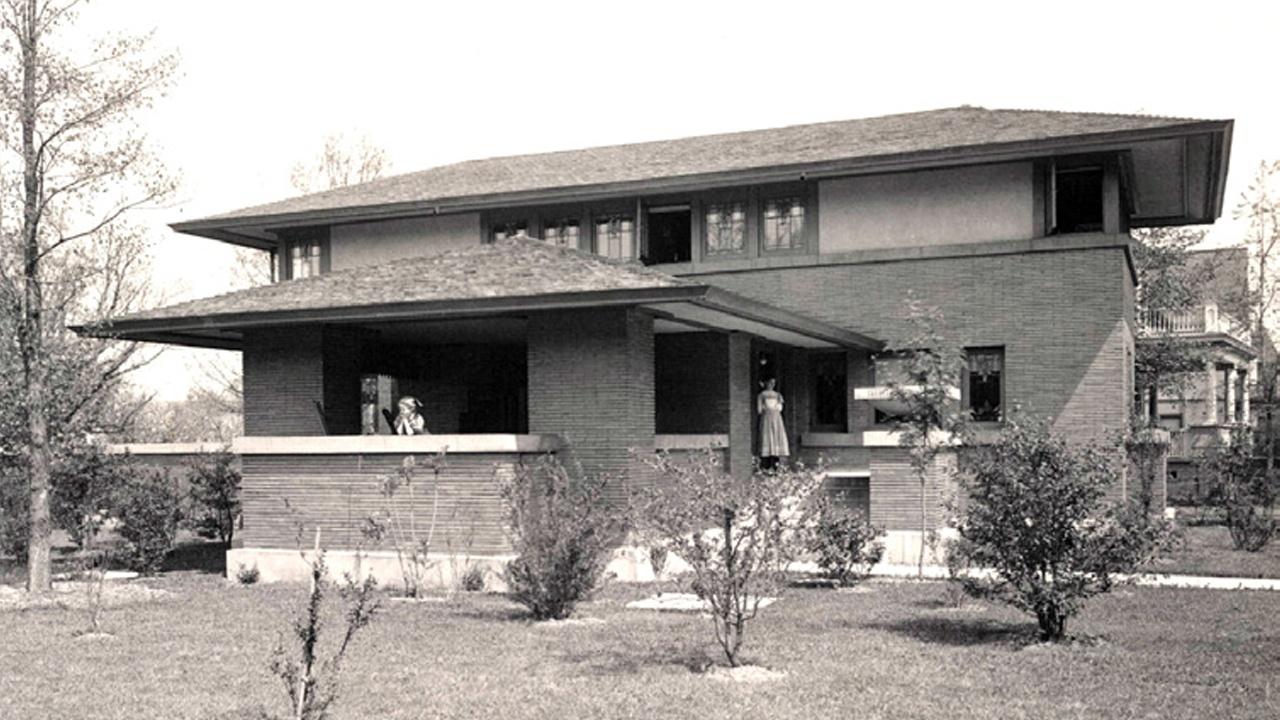
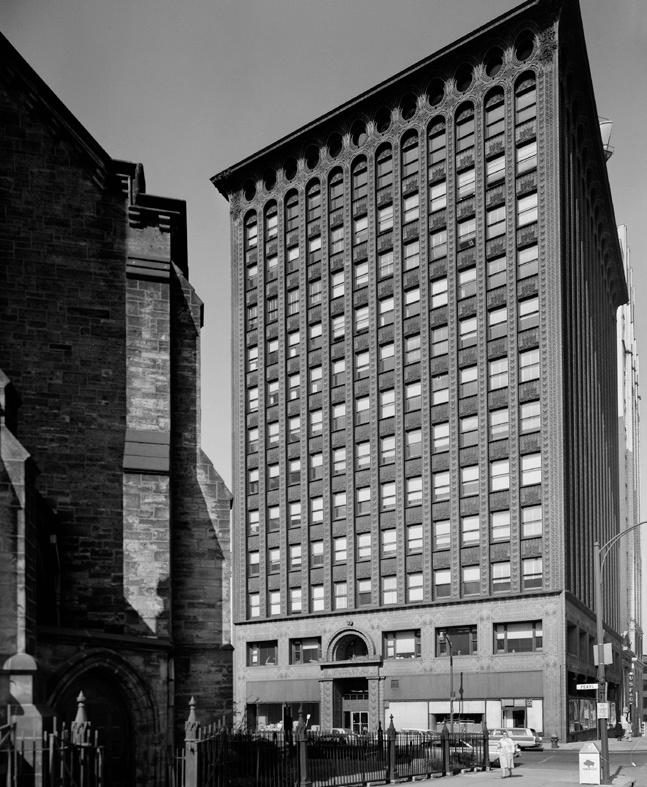
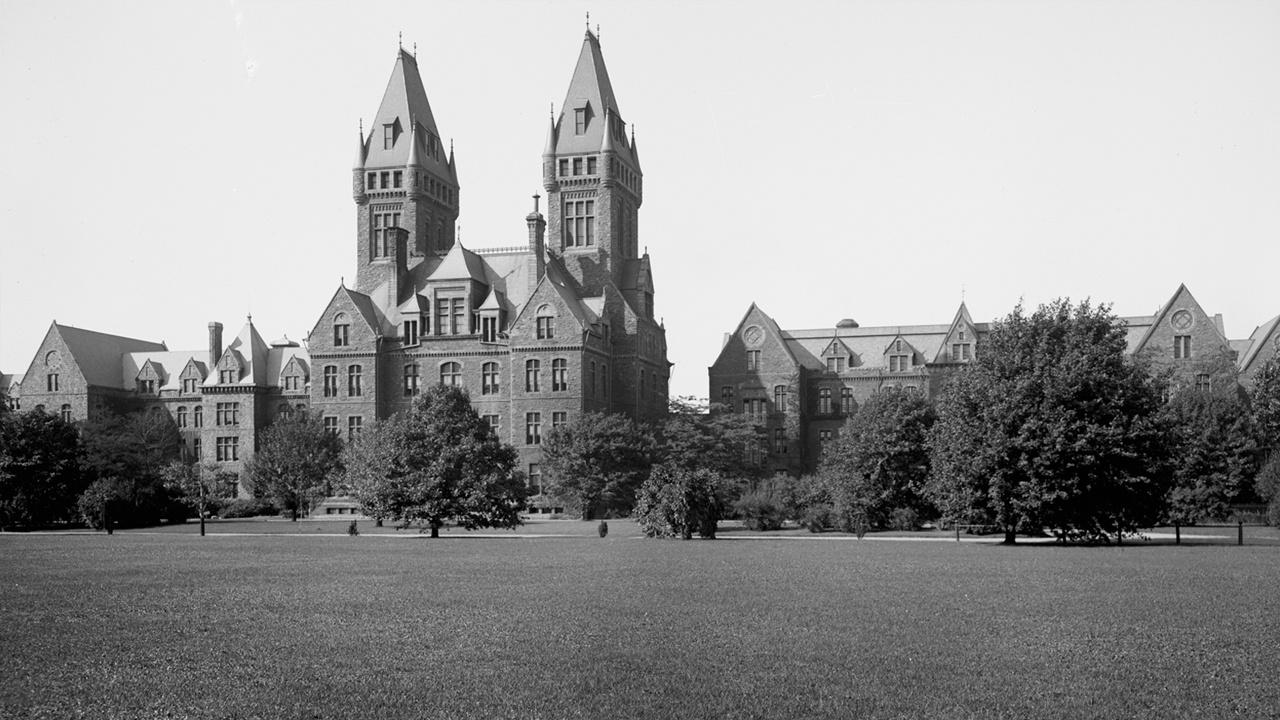
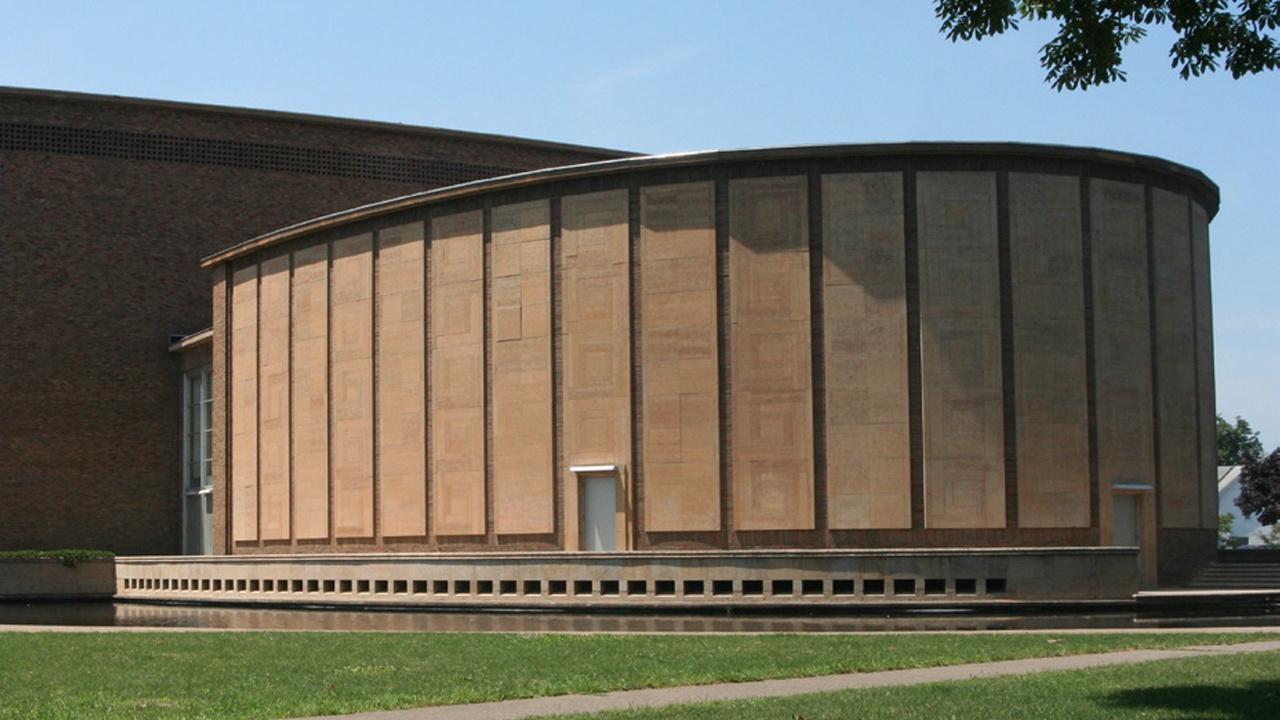
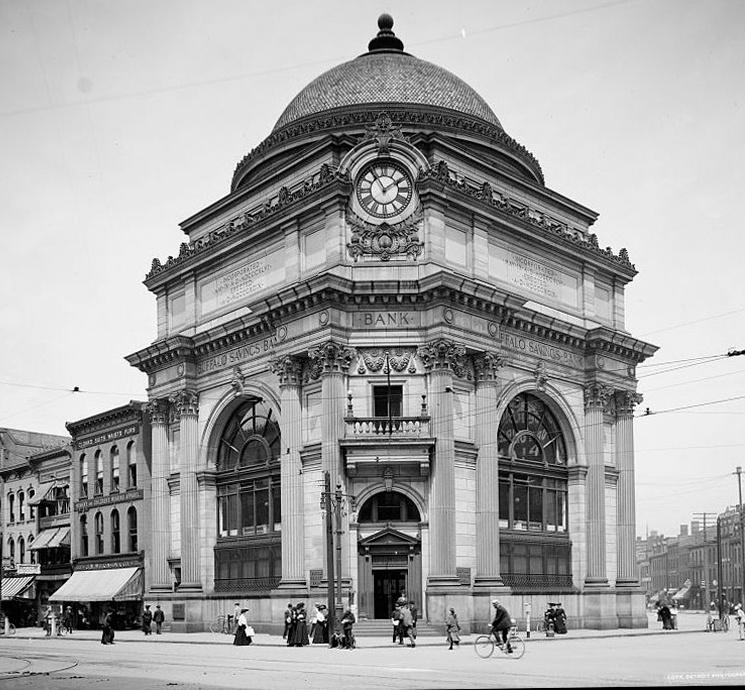

Reimagining a Buffalo Landmark is funded by the Peter C. Cornell Trust, The Zemsky Family and the Members of Buffalo Toronto Public Media.